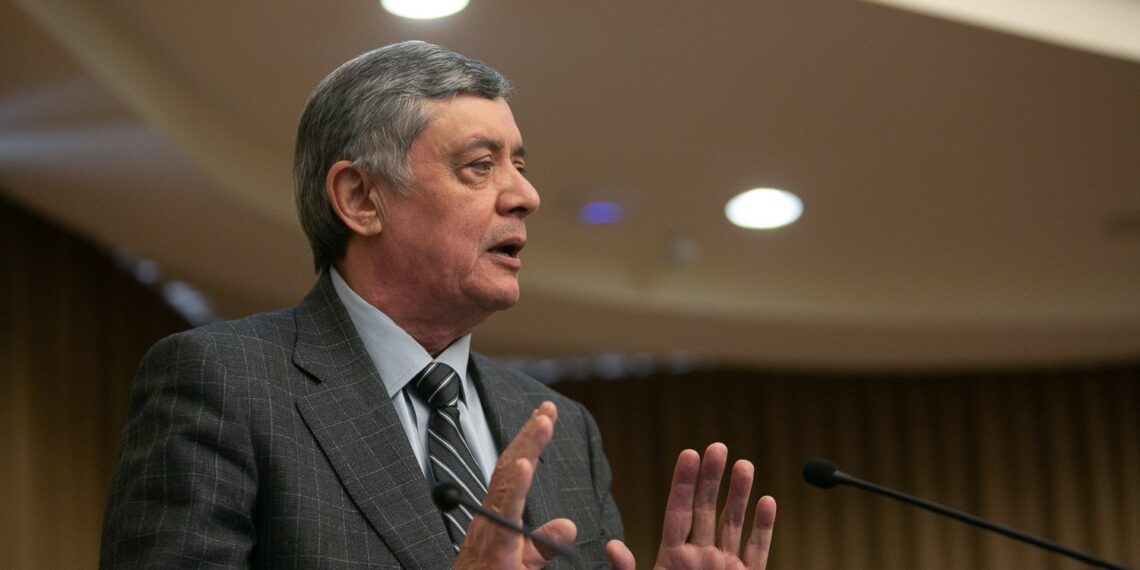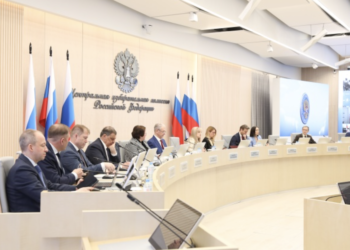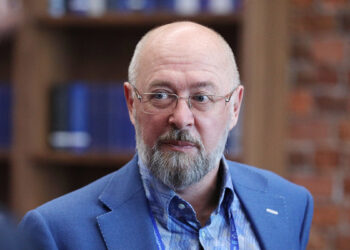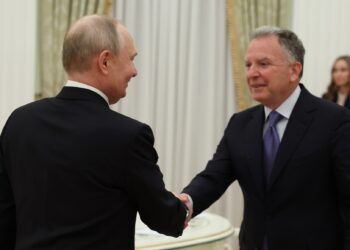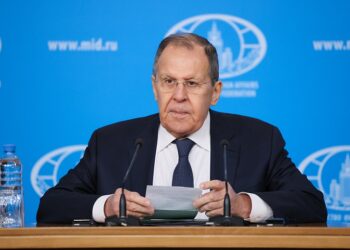MOSCOW (Realist English). Russia’s policy towards Afghanistan is ineffective, devoid of initiative and results, Andrei Serenko, Head of the Center for the Study of Afghan Politicy, said in an interview with the Afghan journalist Razak Mamun.
The Afghan journalist asked the expert: “Who oversees Russia’s policy regarding Afghanistan?”.
“Sometimes it seems to me that no one — so ineffective, devoid of initiative and results Russia’s policy towards Afghanistan is. For too long, has Moscow been trailing behind other states’, usually American, initiatives. Today, Russia’s position in Afghanistan is weaker than ever. I hope that the Kremlin understands this and will try to change the situation, taking into account the general reorientation of the Russian policy to the East.
Yes, while the acute phase of the armed conflict in Ukraine is ongoing, Moscow’s hands will be tied by the Ukrainian theater of military operations. But as soon as the inevitably acute phase of the war has ended, Russia will immediately increase its attention to Afghanistan and the surrounding region. This will also, I hope, lead to changes in the development of political decisions on Afghanistan,” Serenko replied.
In his opinion, until now, the center of the creation and implementation of Moscow’s Afghan strategy was the group of Russian special representative Zamir Kabulov in the Foreign Ministry.
“It was supported by some influential officials in the FSB, SVR, the presidential administration of the Russian Federation. However, Mr. Kabulov’s recipes were not very successful and today there are grounds to talk about the beginning of Moscow’s revision of the Russian strategy towards Afghanistan.
I do not rule out that in this regard, the center for developing Kremlin’s new Afghan policy will move from the Foreign Ministry to the Security Council, which is headed by FSB General Nikolai Patrushev. However, this process is not fast; in Russia almost everything is done slowly. For sure, Zamir Kabulov’s group will try to pull the blanket over itself. But all the same, the process of reviewing and adjusting Moscow’s Afghan strategy is inevitable,” he explained.
Serenko added that the role of the Ministry of Defense in Afghan affairs is quite limited:
“The Russian military, of course, collects information about terrorist groups in Afghanistan and possible threats from them, but the influence of the Army on the development of the Kremlin’s political strategy does not seem to me to be mostly serious.
By the way, I would not be surprised if, after some time, Russian private military companies, for example, the same Wagner PMC, will begin to show interest in Afghanistan. However, their interest will rather be purely commercial, related to the development of the market for security services and mining. The owners of the PMC will certainly try to influence Moscow’s political line towards Afghanistan. Perhaps they will be more successful in this than the officials of the Ministry of Defense.”


